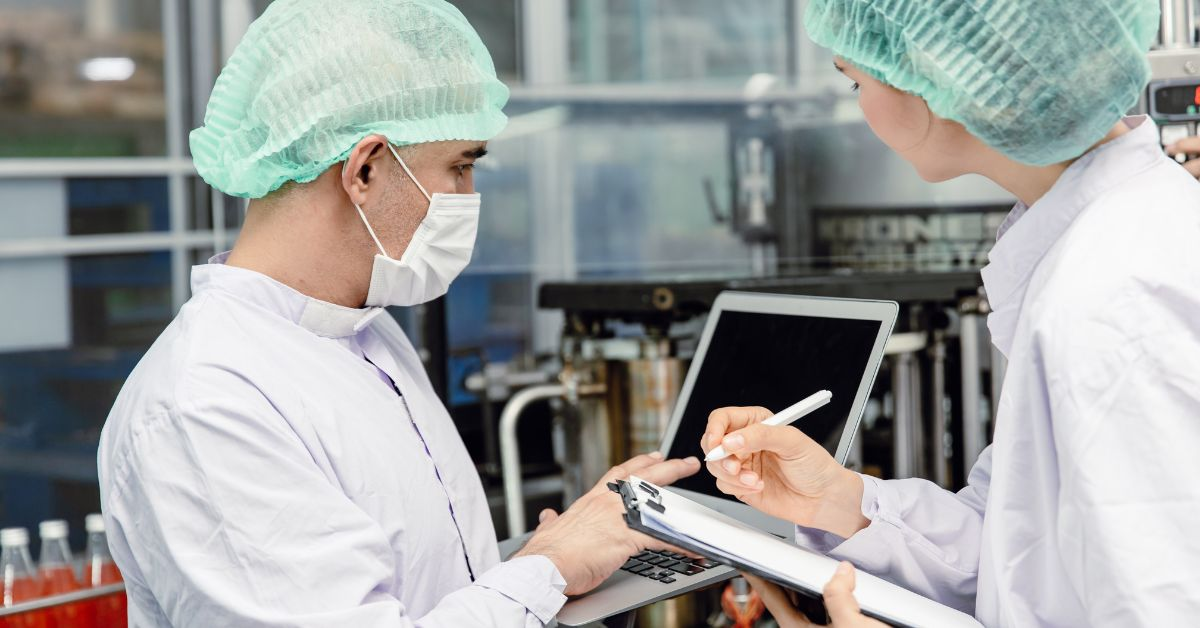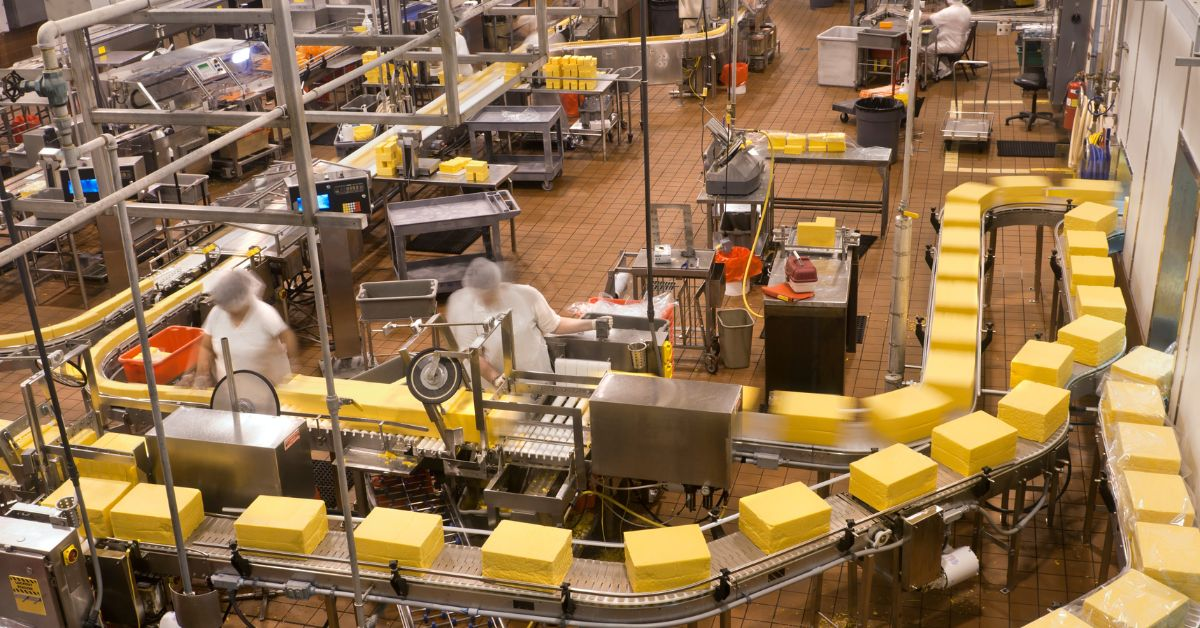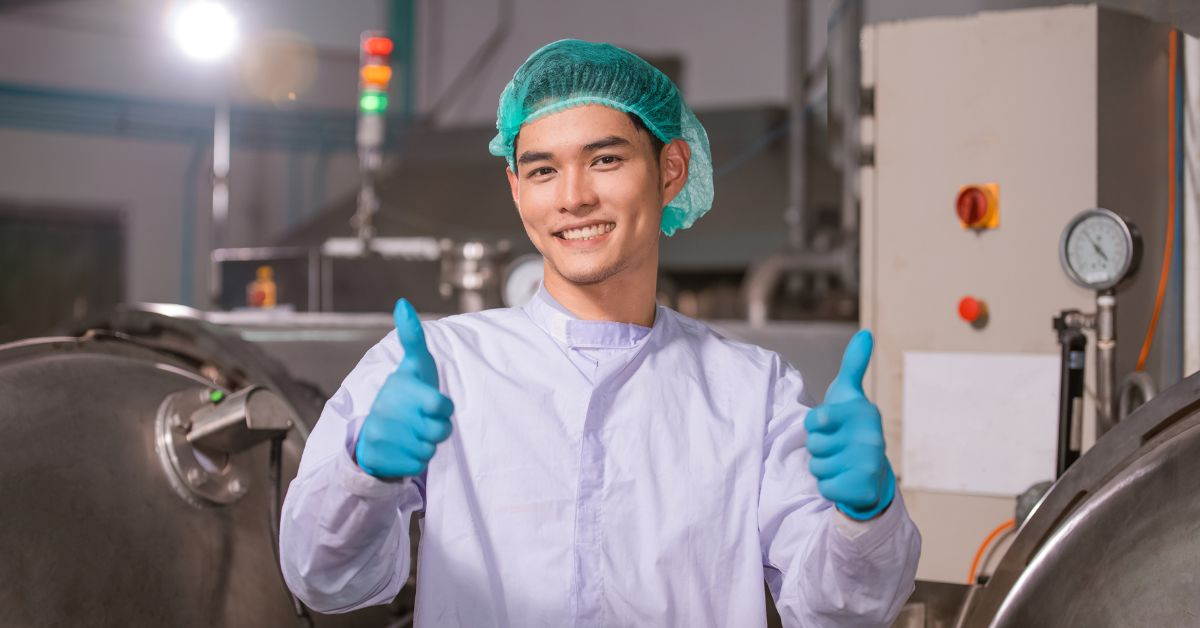
The food industry is evolving rapidly to address challenges like climate change, alternative protein sources, and sustainable packaging. At the heart of these changes, Preventive Controls Qualified Individuals (PCQI) are taking on a pivotal role, ensuring food safety while adapting to new technologies and regulatory landscapes.
Here, we explore how PCQI professionals will shape the future of food safety.
Rising Importance of PCQI in Alternative Protein Sources
The growing global population and environmental concerns have driven a surge in alternative protein sources such as lab-grown meat, plant-based proteins, and insect-based foods. These innovations present unique food safety challenges. For example, lab-grown meat requires stringent microbial controls during production, while plant-based products must address potential allergen cross-contamination.
PCQI professionals are instrumental in crafting and managing Food Safety Plans with robust Hazard Analysis and Risk-Based Preventive Controls for these emerging products. They ensure that alternative protein sources meet rigorous safety standards while maintaining nutritional value. As consumer demand for these products rises, PCQI expertise will be essential to gaining public trust and regulatory approval.
Addressing Climate Change’s Impact on Food Safety
Climate change poses significant risks to food safety, from shifting agricultural conditions to an increase in foodborne pathogens due to warmer temperatures. Rising sea levels and extreme weather events also threaten supply chain stability, heightening the need for verification of supply chain controls in FDA required food safety plans.
PCQI professionals are uniquely positioned to address these challenges by implementing preventive controls that anticipate and mitigate risks linked to climate change. For example, they can develop strategies to combat the spread of pathogens in warming environments or create contingency plans for disrupted supply chains. Their role in proactively identifying and addressing vulnerabilities will be vital to ensuring a resilient food system.
Innovations in Food Packaging
Sustainable food packaging is undergoing a revolution. The industry is shifting toward eco-friendly solutions with increasing concerns about PFAS (per and poly-fluoroalkyl substances) and the rise of biodegradable materials such as mycelium-based packaging. While these innovations address environmental problems, they also introduce new safety considerations.
PCQI professionals must evaluate the safety of these materials in direct food contact, ensuring that they do not introduce harmful substances or compromise food quality. For instance, mycelium-based packaging must be assessed for potential microbial contamination during production. Additionally, new regulations surrounding PFAS demand that companies reformulate their packaging materials to comply with safety standards.
Regulatory Changes and the PCQI Role
As global food safety regulations and auditing schemes continue to evolve, PCQI professionals are essential to ensure compliance. Recent shifts in regulations, such as the FDA’s increased focus on traceability and transparency, require companies to maintain detailed records and implement robust monitoring systems. PCQI professionals play a key role in designing these systems and ensuring that all preventive controls are thoroughly documented and effectively verified and executed.
Their role will expand further as international trade grows. Ensuring compliance with global food safety standards will require PCQI expertise in navigating different regulatory frameworks, making them indispensable in maintaining the safety and integrity of food products across borders.
The Future Landscape of Food Safety
The food industry is at a turning point. With the rise of alternative proteins, climate change impacts, and packaging innovations, PCQI professionals are more critical than ever. Their ability to anticipate risks, implement preventive controls, and ensure compliance with evolving regulations will shape the future of food safety.
As the industry moves forward, companies must invest in PCQI training to stay ahead of challenges and seize opportunities in this dynamic landscape. PCQI professionals’ expertise will protect public health and enable innovation in creating a sustainable and safe food system.
Ready to enhance your food safety expertise? Explore ImEPIK’s PCQI training courses and ensure your team is prepared to lead the future of food safety.







